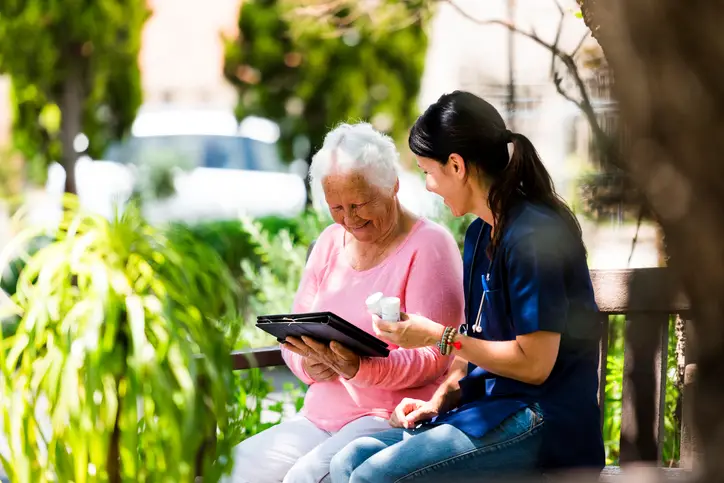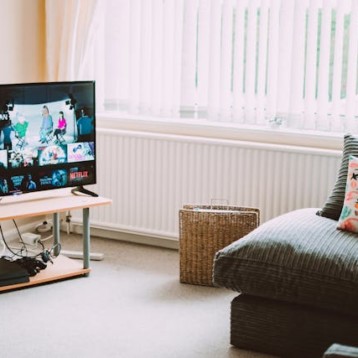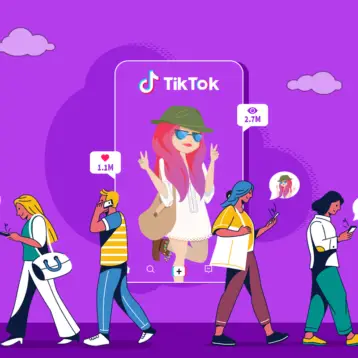Digital technology is not only for the young. More and more seniors are adopting technology to remain connected with family, healthcare providers and maintain their independence. Contrary to popular belief about the negative effects of technology, it can also help improve your mental and physical health. Adult children of aging parents should take note and encourage their parents to use digital technology on a regular basis.
The widespread adoption of digital technology among seniors
While many seniors are weary of new technology, a large population of elderly people are picking up on digital trends. According to a 2016 Pew Research study, four in ten seniors own smartphones—more than double compared to 2013. The study also shows that a whopping 34 percent of Americans ages 65 and older report using social media sites like Facebook and Twitter in that year. The rapid adoption of technology among seniors can be attributed to the simplicity and convenience offered by today’s digital devices and online platforms.

Retaining independence with technology
The elderly often rely on family and caretakers to look after them as they age. However, technology can help seniors retain some of their independence. Equally important, it can help provide a peace of mind to those who care for them. For instance, smart homes or wearables can be used to help seniors monitor their sleep, turn off the stove if it detects a fire hazard or turn off a tap left running. Here are some other examples of these devices:
- Smart-home devices – The decreasing prices of smart devices, such as Amazon’s Echo, make them more accessible to consumers. Echo, the voice-controlled digital assistant, can help answer questions, read the news, phone relatives, and control other smart devices such as lights, thermostats and television on demand.
- On-demand services – With the swipe of a smartphone, seniors can access transportation, grocery deliveries, handymen, and concierge doctors without having to leave the home. As well, on-demand care services provide seniors people with flexible options and easy-to-book appointments with nurses, caregivers, and housekeepers.
- Fitness trackers and health apps – Fitness trackers and various health apps can help seniors maintain their health, such as reminding them to take their pills and medications, and ensuring they are getting enough sleep.
While many of these devices were designed with young consumers in mind, they are becoming more beneficial for the old than the young. With the use of digital devices, elderly people will have less of a need to depend on family and caretakers to assist them with their day-to-day tasks.

The role the Internet plays in overcoming loneliness
Loneliness is among seniors is a growing problem in Canada. Statistics Canada reports that 1.4 million seniors say they’re lonely. One of the biggest issues for seniors is that their social circles begin to shrink as the years go by.
This poses as a health crisis in the Western world. A Harvard finding suggests that loneliness is a preclinical sign for Alzheimer’s disease. In another study by the International Journal of Geriatric Psychiatry, it’s concluded that loneliness is linked to worsening cognitive function.
Social networking apps and websites, such as Facebook, can help seniors stay connected with family and friends. Research has shown the positive social impact Facebook has on individuals over 65. While Facebook is not a primary source of emotional support, it can be used to gain awareness of and keep up with their loved ones day-to day activities and potential health or medical issues. Participants benefited from awareness through increased feelings of connectedness to loved ones; this awareness also prompts family and friends to support their loved ones in person or through other channels.
How to encourage your loved ones to use technology
It may be overwhelming for many seniors to adopt digital technology, especially considering they grew up at at time before the Internet. However, it doesn’t have to complicated. Many digital devices have a very intuitive interface that anyone can use, by spending enough time getting acquainted with it. Below are some tips to encourage seniors to use digital technology:

- Use touchscreens instead of traditional computers – Touchscreen devices, such as smartphones and tablets, are a lot more intuitive than a mouse. As well, these devices are more convenient and comfortable, and less intimidating due to their simple interface and lack of wires.
- Avoid technical words – As you talk tech with an elderly family member, be mindful of the words you use. Many tech-related terms, such as browser and emoji, may be unfamiliar to them. Choose more simple words and be patient.
- Inform them about Internet security – Be sure to let your loved ones understand the risks involved with revealing their personal information online. You can even help update their privacy settings (for various devices and websites) to avoid sharing personal data and other information they don’t want the public or third-parties to know.
- Show them how it’s done – Often times, it’s a lot easier to show than tell. Start with the basics, such as how to turn on and off the device, and then slowly work your way into more advanced applications, such as navigating Facebook and sending photos via Messenger. Computer lessons can even become a fun regular activity.
Technology is not a substitute
While technology can enhance the lives of seniors in various ways, it’s not a substitute for human connection. It’s important that elderly people receive adequate support and stay social. Seasons Retirement Communities, for instance, offers residents quality care, support from staff, and a place to socialize and find people who share similar interests. With the help of digital devices, and family and friends, seniors can live a longer more enriched life.










